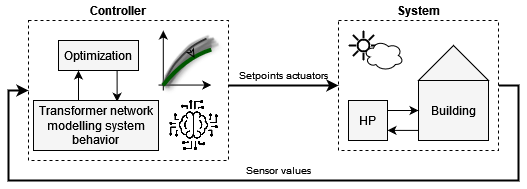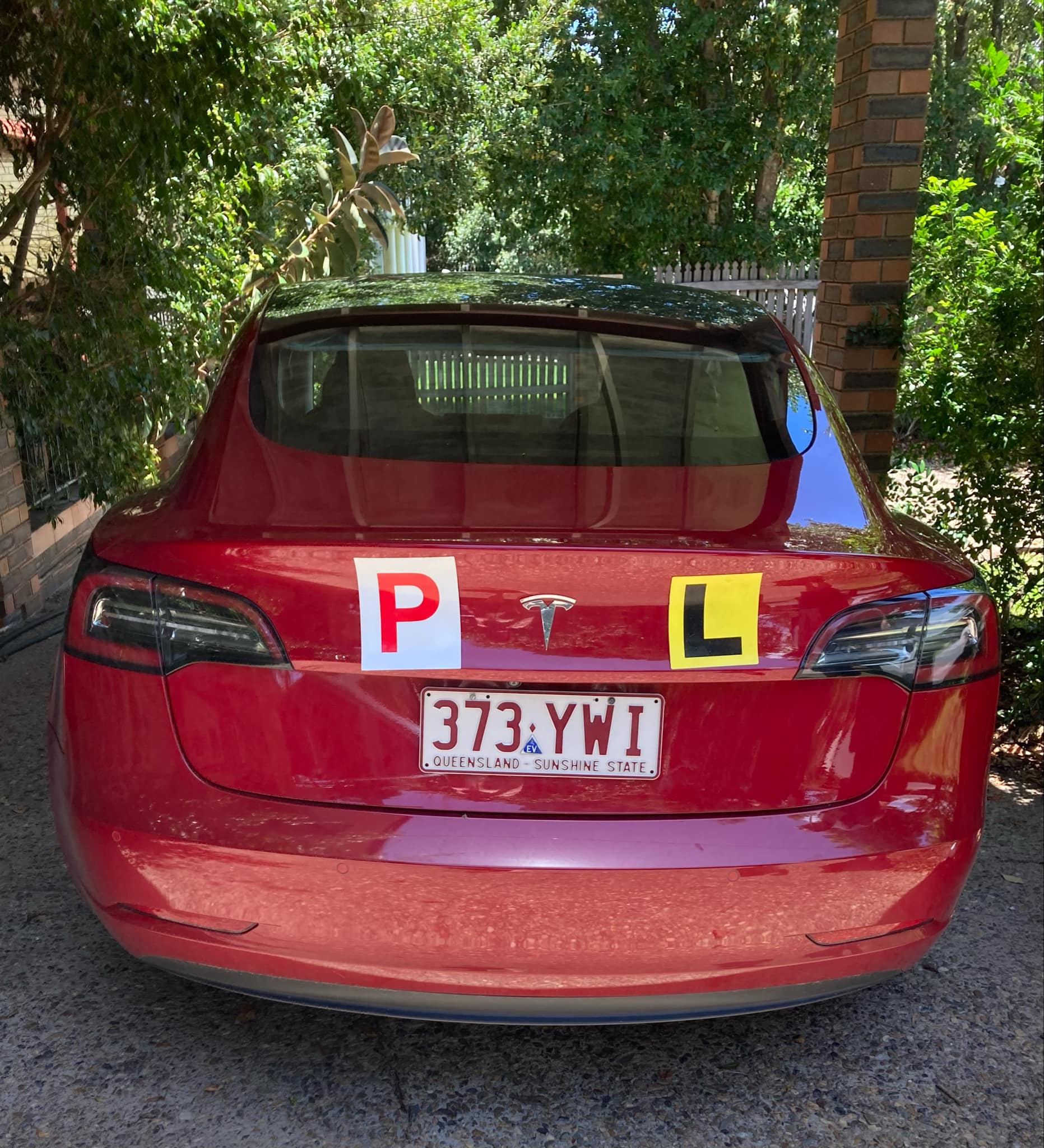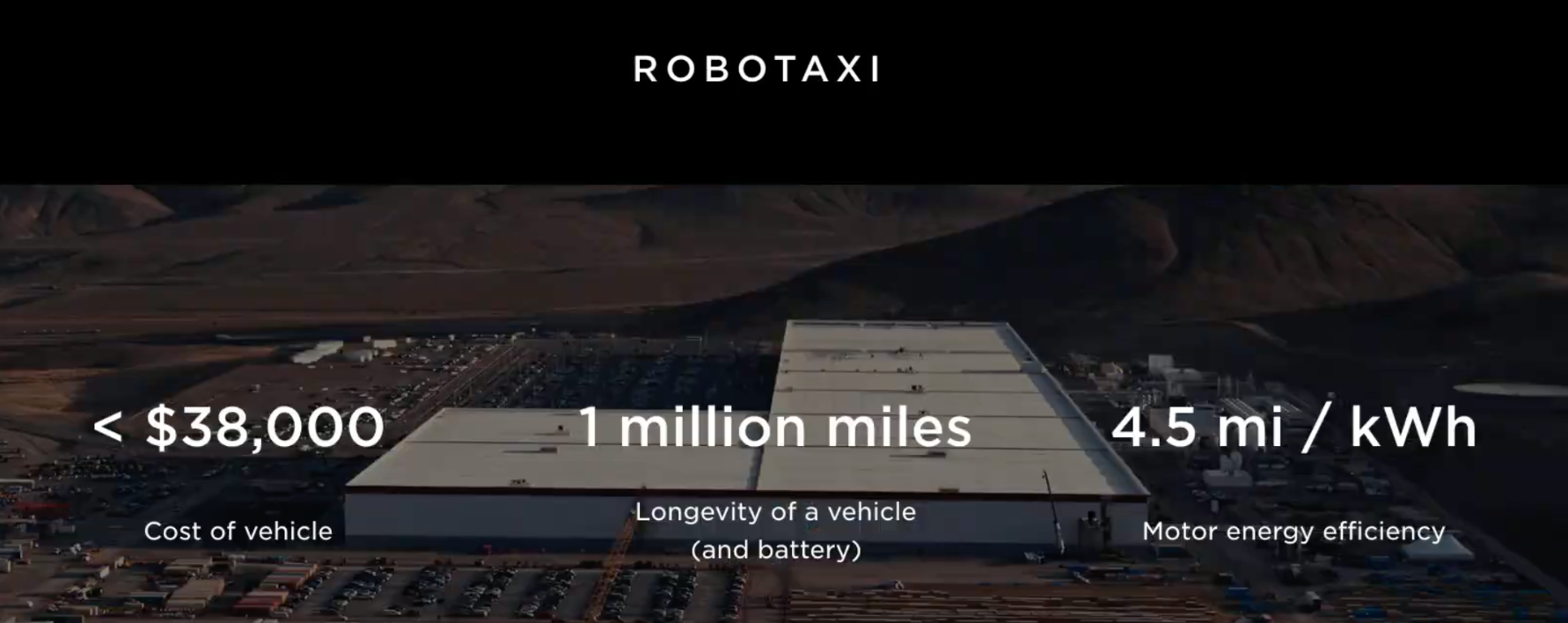
Sign up for daily news updates from CleanTechnica on email. Or follow us on Google News!
AI (artificial intelligence) is everywhere these days. It’s the most popular thing to hype up, and the most popular thing to add to your product description to hype it up. In some cases, it’s really a thing and making a difference. In other cases, well, it’s simply just fluff. When Fraunhofer Institute for Solar Energy Systems (ISE) is referencing its AI and hyping it up, I assume it’s got to be the former, so let’s get into its AI announcement from this week.
Fraunhofer ISE says that it’s found a way to have AI make humble heat pumps more efficient, as well as more effective at creating a comfortable climate for their owners. Researchers at the world-famous institute are diving into “a new generation of smart heat pumps that use artificial neural networks to adapt to environmental conditions and to learn as conditions change.”
Right now, they’re at an initial testing stage in “a real building” (three buildings, actually), but they’re finding energy savings of 5–13% and “increased comfort,” which they are apparently measuring somehow. Even though it’s only the early stages, those are some promising numbers.

Fraunhofer ISE is working with an industry partner (EDF R&D) as well as a couple of other research partners (CEA-LIST (Laboratory for Integration of Systems and Technologies) and Laboratoire de Psychologie et NeuroCognition) on this AI-ification of heat pumps. Here’s more from Fraunhofer ISE on what they’re doing, compared to business as usual, with these “new adaptive control methods for heat pumps based on neural networks” to improve heat pump operations:
“Up to now, heat pumps for residential heating purposes have mainly been controlled using static heating curves set once during installation. In most cases, the curves have not been optimized for the building, as this is only achievable through a time-consuming calibration. Furthermore, heating curves do not account for short or long-term changes, such as solar radiation, occupant usage or building renovation and aging. In this project, the specific building behavior patterns, e.g., how it changes with varying solar radiation, is learned by artificial intelligence (AI) which continuously analyzes recorded measured values.
“Artificial neural networks are able to map complex and highly non-linear relationships very accurately and therefore are suitable for this purpose. Therefore, the research team developed a neural network based on time series prediction within the ‘AI4HP’ project. The novel transformer architecture was used to enable the network to link historical and future input data and thus be able to estimate the temporal course of the room temperature. The intelligent heat pump controller, developed in the project, uses an artificial neural network to digitally represent the building’s thermal behavior and a real-time capable optimization algorithm to optimally regulate the flow temperature of the heat pump.”
It definitely sounds much more logical and fitting.
You can read more about the methodology they are using and initial observations under the “Field test confirms positive results” subheading in Fraunhofer ISE’s news release about all of this. Overall, though, everything looks very promising. I expect we will one day be using AI-controlled heat pumps rather than “dumb” ones. At which point AI decides to terrorize us by messing with our temperature settings — that, I cannot tell you.

Chip in a few dollars a month to help support independent cleantech coverage that helps to accelerate the cleantech revolution!
Have a tip for CleanTechnica? Want to advertise? Want to suggest a guest for our CleanTech Talk podcast? Contact us here.
Sign up for our daily newsletter for 15 new cleantech stories a day. Or sign up for our weekly one if daily is too frequent.
CleanTechnica uses affiliate links. See our policy here.
CleanTechnica’s Comment Policy




